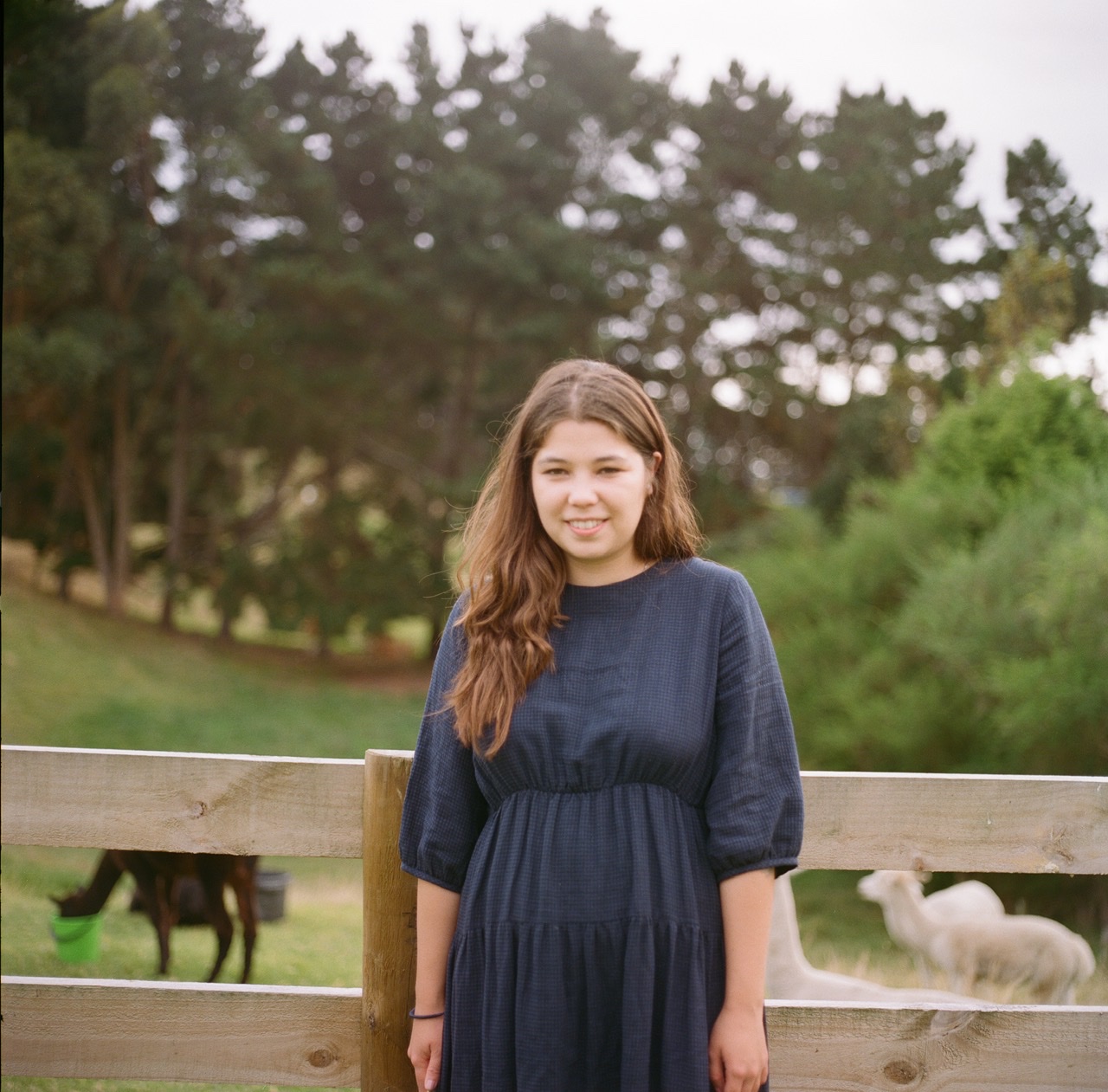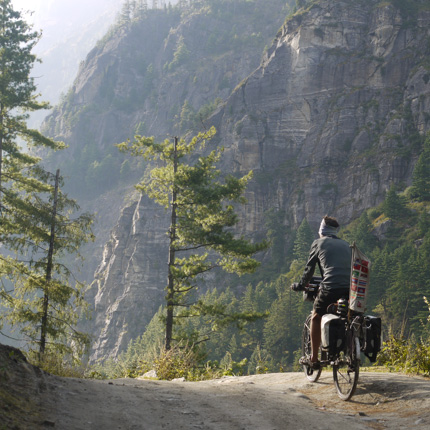Diaspora and migration clearly play a guiding role in your work. I wonder if you could say a little about this significance?
This is another current that runs through my work. As a New Zealander living far from New Zealand, and with family scattered between Malaysia, Singapore, Canada, Australia and New Zealand, I am always homesick for somewhere. I’m always writing my way towards another place.
For people who grew up in one place there is likely a very strong association between particular landscapes and home. For you, I wonder how having many places - all with different landscapes, climates etc. - as part of your heritage affects your sense of place as home? Is it an additive matter of simply having more places that feel like home, or is it more complex?
I feel so lucky to have multiple places to call home. But it means it’s hard for me to put down roots; to feel really settled. Lots of ‘nature writers’ write intentionally about a single place – their homeland, the place their ancestors come from. It took me such a long time to find ‘nature writing’ books that encapsulated something of my own scattered, migratory background. With Small Bodies of Water, I wanted to show that we’re here too. We may not feel tied to one single place or one nationality or one language; the natural world means something different to us.
What other writers/pieces/books would you recommend for people who enjoy your own work?
These memoirs and essay collections were all important to me during the writing of Small Bodies of Water – Turning by Jessica J. Lee, Swimming Studies by Leanne Shapton, and All Who Live On Islands by Rose Lu.
Pre-order or order Small Bodies of Water, published on 5th August 2021, at Bookshop.org here!








